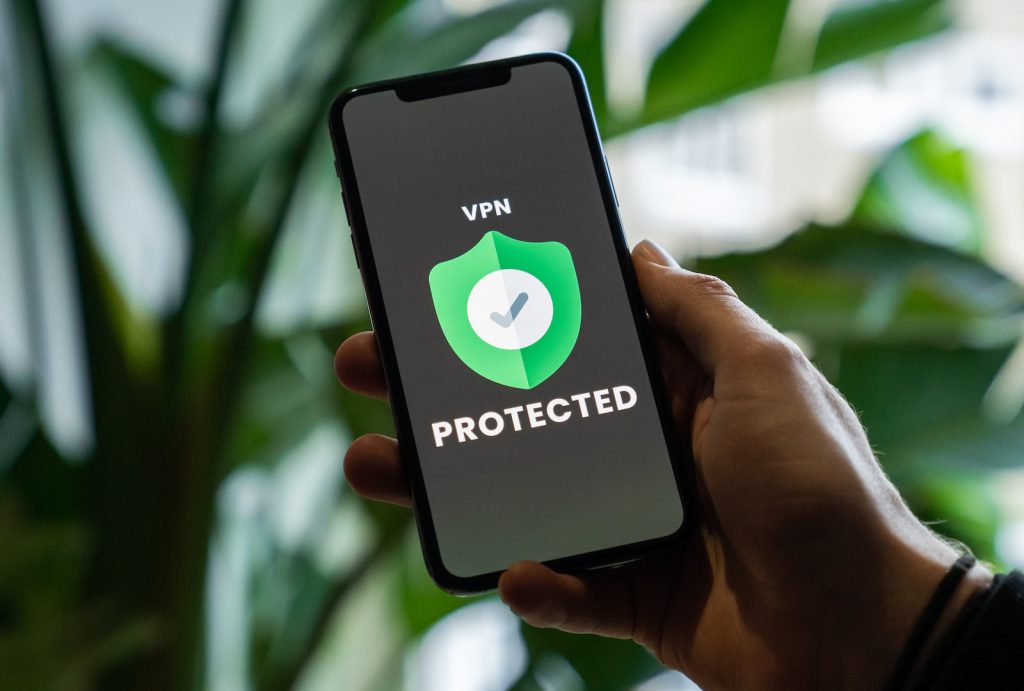Protecting Your Personal Data in the Digital Age: A Guide for the Average Person
In today’s digital world, our personal information is more accessible than ever. With the rise of online services and social media, we’re constantly sharing data about ourselves, from our names and addresses to our financial information and personal photos. While this convenience can be tempting, it’s important to remember that our data is valuable – and vulnerable to threats. As the average person, it’s essential to take control of your digital footprint and protect your personal information. In this blog post, we’ll explore the risks of data privacy and provide simple, actionable tips for keeping your data safe.
Risks of Data Privacy:
- Identity Theft: Criminals can use your personal information to steal your identity, gain access to your financial accounts, and wreak havoc on your credit.
- Online Scams: Scammers may use your data to craft targeted phishing emails or texts, posing as trusted companies or individuals to trick you out of your money or personal information.
- Data Breaches: When companies experience data breaches, your personal information can be stolen and sold on the dark web, putting your identity and financial security at risk.
- Location Tracking: Your device’s location can be tracked, revealing your daily habits and movements to companies, advertisers, and even hackers.
- Online Harassment: Your personal information can be used to harass or bully you online, causing emotional distress and even physical harm.
Tips for Protecting Your Data Privacy:
- Use Strong Passwords: Create unique, complex passwords for all of your online accounts, and never reuse the same password twice. Consider using a password manager to securely store and generate strong passwords.
- Enable Two-Factor Authentication: Add an extra layer of security to your accounts by enabling two-factor authentication (2FA), which requires both a password and a second form of verification (like a code sent to your phone or a biometric scan).
- Be Cautious with Public Wi-Fi: Avoid using public Wi-Fi or unsecured networks to access sensitive information, as these networks can be easily hacked. Instead, use a virtual private network (VPN) to encrypt your internet traffic.
- Limit Online Sharing: Be mindful of the information you share online, and avoid oversharing personal details like your full name, address, and birthdate. Review your social media privacy settings to ensure only trusted individuals can see your posts.
- Monitor Your Credit Report: Check your credit report regularly to detect any suspicious activity or identity theft. You can request a free credit report from each of the three major credit reporting agencies (Experian, TransUnion, and Equifax) once a year.
- Use a Secure Browser: Use a privacy-focused browser like Brave or Tor, which blocks trackers and limits the amount of data collected about you.
- Review App Permissions: Be cautious when granting app permissions, especially for location, camera, and microphone access. Review your app permissions regularly to ensure only trusted apps have access to your device’s features.
- Turn Off Location Services: Consider disabling location services for apps that don’t need it, and review your location history to ensure no one has accessed your location without your knowledge.
- Switch for the big providers to self hosted applications – own your data!
Protecting your personal data in the digital age requires ongoing vigilance and awareness. By following these simple tips, you can take control of your digital footprint, minimize your risk of data breaches and online threats, and maintain your privacy in the online world. Remember, your data is valuable – and it’s up to you to keep it safe.





Pingback: The Decentralized Web - What is it? - Concept: Clarity